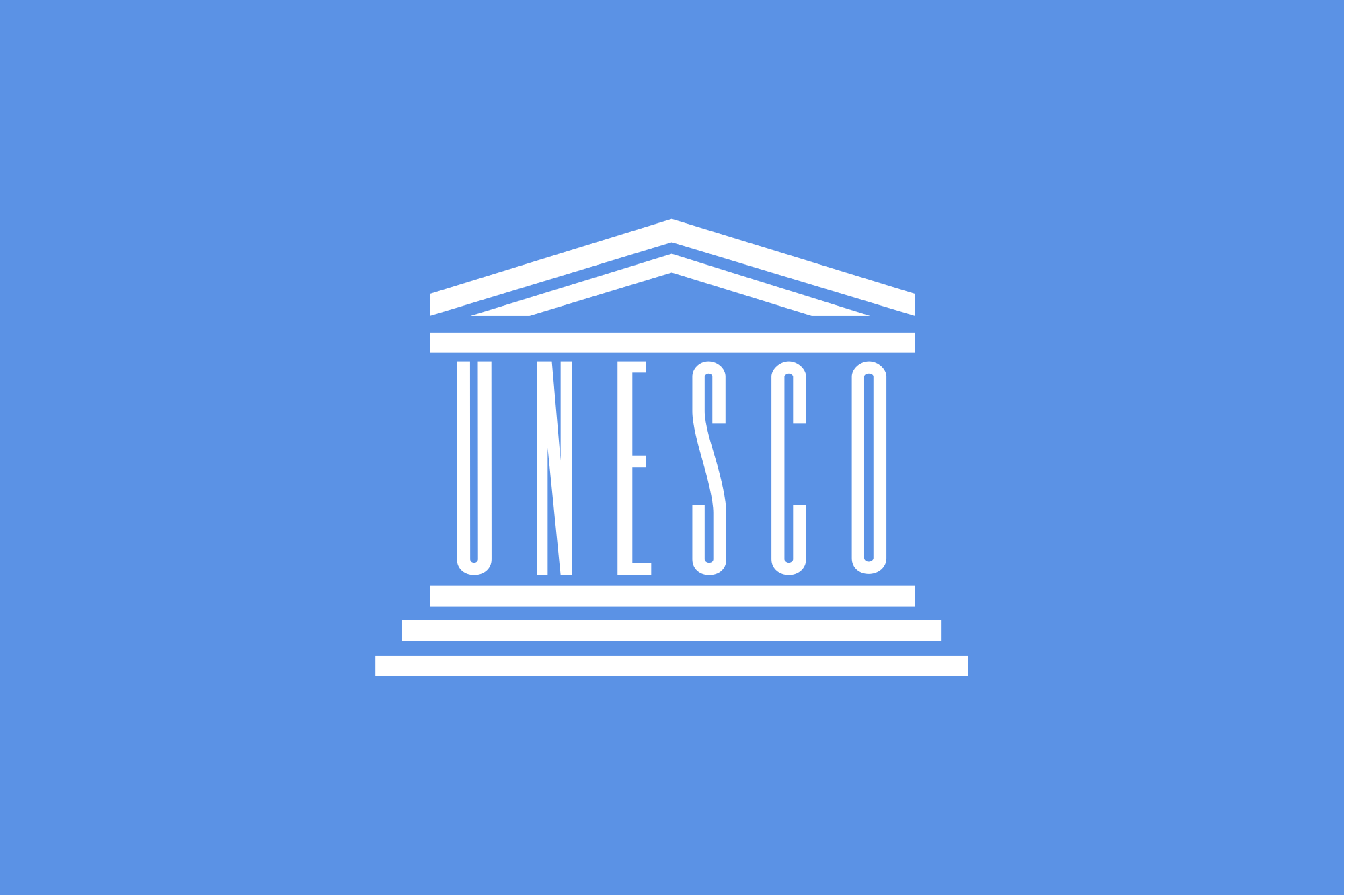UNESCO and EU support new activities in areas of cultural heritage
The new agreements (5 million euros) signed with the European Union will be implemented as of October 2018 over a three-year period.

Within the framework of its “Investing in Culture and Creativity” Programme, the European Union will partner with UNESCO to support new activities in the areas of cultural heritage and creative industries.
The partnership starts with two programme activities: the promotion of Silk Roads Cultural Heritage Corridors in Afghanistan, Central Asia and Iran; and the creation of new regulatory environments for the cultural and creative industries in developing countries.
The new agreements (5 million euros) signed with the European Union will be implemented as of October 2018 over a three-year period.
The first project is designed within the framework of the European Year of Cultural Heritage and will integrate the safeguarding of tangible and intangible cultural heritage into development plans, policies and capacity-building programmes along the Silk Roads heritage corridors in Afghanistan, Central Asia and Iran (3.4 million euros).
It will also support sustainable local economic development through tourism-related initiatives by improving communication strategies and promoting the conservation of the routes’ natural and cultural heritage such as the caravanserais, the traditional roadside inns for travelers along the Silk Roads. One of the outcomes of the project will be a joint exhibit to promote the common heritage of the Silk Roads.
The second project will support the design and implementation of regulatory frameworks for cultural and creative industries in developing countries (1.5 million euros). Areas of intervention will be determined by countries themselves, through an “on‐demand” open‐ended call for technical assistance. Up to ten developing countries that have ratified the 2005 Convention on the Protection and Promotion of the Diversity of Cultural Expressions will benefit from the programme.
Technical assistance will be provided through the renewed EU-UNESCO Expert Facility and local experts, supporting long-term cultural policy formulation, development, and implementation in the creative sectors (film, television and radio, music, publishing, visual arts, digital arts, etc..).
Partnerships and peer-to-peer learning opportunities between Global South countries facing similar policy challenges will be developed to enhance policy advice and exchange of best practices at the bilateral or regional level.
Ahead of UNESCO’s first Partners Forum (11 and 12 September 2018), Stefano Manservisi, Director-General for International Cooperation and Development at the European Commission, said: “Our partnership with UNESCO and the new agreements reflect the EU’s strategic focus on culture and heritage. We have outlined principles for cultural cooperation in the European Consensus on Development. Our aim is to highlight the importance of culture and heritage, for the world, for life, for people, also to create conditions for sustainable jobs and growth. #noculturenofuture! #pasdefutursansculture!”.
Ernesto Ottone, UNESCO’s Assistant Director-General for Culture, echoed these sentiments, declaring “UNESCO is extremely pleased with its longstanding strategic partnership with the European Union, an active Party to the 2005 Convention. With these new initiatives, we will continue our efforts to build on the power of culture for sustainable development. We have seen that culture is not only a driver of economic growth but also of social transformation, empowering women and youth in particular. Realizing the full potential of sustainable tourism and creative industries will require stronger cultural governance and better policies. That is what UNESCO and the EU are striving for with this partnership.”
Stefano Manservisi will be at UNESCO Headquarters on 11 September to discuss new avenues for UNESCO and EU cooperation on the occasion of UNESCO’s Partners Forum.










